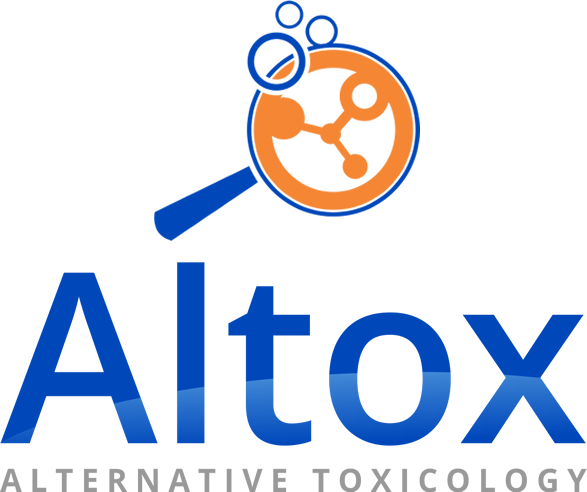The impact of artificial intelligence (AI) on various economic sectors is a well-known fact and the changes in perspectives in different markets in this context have been very rapid, opening new fields of opportunities and applications. The Organization for Economic Co-operation and Development (OECD) estimated in 2016 that AI already supported more than 50% of global financial operations, and in this context, the social and economic implications are no longer just perspectives in many economic sectors.

The use of new computational technologies (in silico) involving computational and artificial intelligence models in new drug development processes is an application that establishes a new competitive differential for companies in the pharmaceutical sector, maximizing the success rates in searching for a new drug, and significantly increasing the efficiency in the selection of molecules with a greater chance of reaching the market, using the transformation of radical innovation and incremental processes.
In addition to the use of so-called "QSAR" models already established in many R&D areas of pharmaceutical industries (especially those with radical and incremental innovation), recent advances in methods such as machine learning and deep learning have established a new scenario as shown at the article "The Drug-Maker's Guide to the Galaxy" published by Nature in 2017. However, these computational models have already revolutionized different contexts of molecule evaluation: cosmetic ingredients, contaminants, new food additives, new pesticides ingredients, and others.
Combined with new in vitro technologies, in integrated testing strategies (ITS), in silico artificial intelligence models consolidate the rationalization of animal use as a reality in various contexts. One of the works presented by Altox in 2017 received honorable mention at the 20th Brazilian Congress of Toxicology (CBTOX), dealing with the use of in silico and artificial intelligence models that comprise the first platform for predicting the toxic effects of substances in real time, such as an alternative animal use method in Latin America.
It is indeed appropriate to note some contexts in which AI can bring great advances and competitive differentials. It is difficult to know who will be able to survive without using these new technologies under this scenario in this new era.


